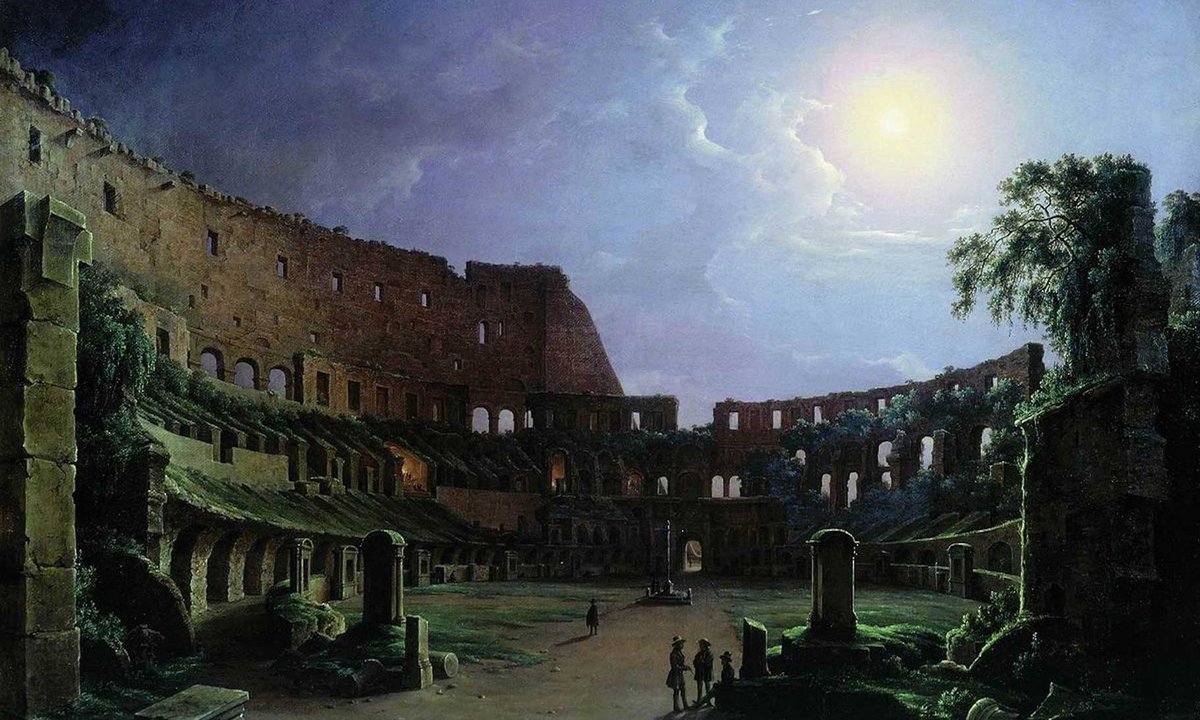
"As early as 1411, the Greek scholar Manuel Chrysoloras noted how the ruins of Medieval Rome were seen as beautiful, even in their dismembered state."
"Roland Mayer's work methodically traces Rome's history and transformation, exploring how its ruins have influenced cultural perceptions through ages."
"Rose Macaulay's "Pleasure of Ruins" has significantly shaped contemporary fascination and discourse surrounding the allure of Rome's remnants."
"The unique perspective of non-Roman visitors inspired by the ruins highlights the city's global cultural significance and the varied interpretations of its past."
The article explores the enduring fascination with Rome's ruins, suggesting they act as a Rorschach test for cultural sentiments. Historical figures like Manuel Chrysoloras, Chateaubriand, and Henry Adams each projected distinct meanings onto these remnants, ranging from beauty to political commentary. Roland Mayer's recent survey captures this complex dialogue and charts how tourism and archaeology have reshaped perceptions of the city. Despite focusing on the vast subject of ruin, Mayerâs work occasionally side-lines the ruins themselves, echoing their historical role in art and cultural narratives. Macaulay and Stewart further illustrate how non-Roman perspectives deepen this engagement with Rome's legacy.
Read at Theartnewspaper
Unable to calculate read time
Collection
[
|
...
]